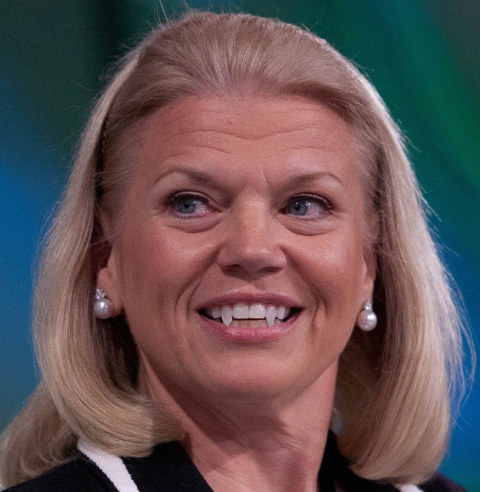

Photo source (modified slightly): The 10 Most Powerful Women in Technology Today
FANGS may be symbolic, but while IBM tries to frame itself a "friend" of Linux and an "innovator" (e.g. with "Watson") there is a very ugly side to the company and one that Ginni Rometty's predecessors would probably not approve of. IBM is not a friend (not anymore, it's actually close to Apple now) and it's a big part of the problem we now face in the Free software world. IBM seems to have become a software patents proponent so heavy and loud that it now rivals Microsoft to the 'title'.
IPO Steps Up: Proposes Statute to Overturn Mayo and Alice
The Intellectual Property Owners Association (IPO) is run primarily by a group of 50 top intellectual property counsel (usually patent-focused) from many of the largest global innovative companies – all deeply involved in the patent system as patent holders and many as accused-infringers as well. Patent attorneys from various law firms serve in a support role for the organization. The IPO created a special 101 legislative task force headed by IBM’s Marian Underweiser with Vice-Support from Bob Sachs (Fenwick & the BilskiBlog) whose proposal has now been released and fully adopted by the IPO Board.
IPO’s proposed a particular statutory amendment that would limit the eligibility question to whether “the claimed invention as a whole, as understood by [PHOSITA], exists in nature independently of and prior to any human activity, or exists solely in the human mind.” The proposal would seemingly flip the outcomes Alice, Mayo, and Bilski, although it is unclear to me how the statute treats a situation where a covered embodiment could exist solely in the human mind, but the invention as a whole also contemplates out-of-mind activities. The proposal specifically states that eligibility “is not impacted by . . . the claimed invention’s inventive concept.” Rather, the focus is solely on whether the claim-as-a-whole (1) “already exists in nature independently of and prior to any human activity” or (2) “exists solely in the human mind.” The proposed amendment further spells out that the entitlement to a patent is subject “only” to the limitations found in the Patent Statute.